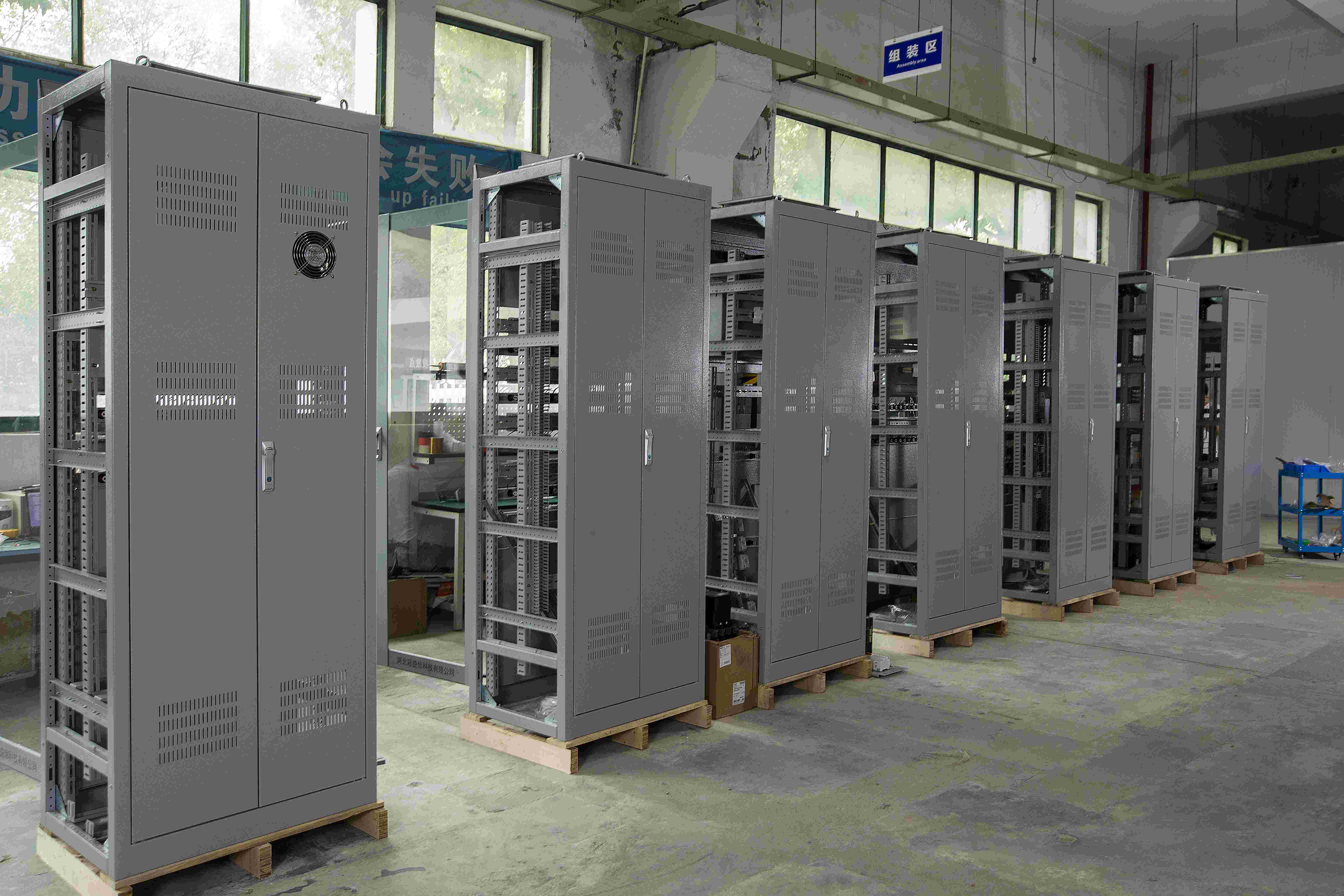
5 月 . 07, 2025 15:32 Back to list
Top Grid Energy Storage Companies Scalable & Reliable Solutions
- Market Growth and Data Insights
- Technical Innovations in Grid Storage Systems
- Leading Grid Energy Storage Companies Compared
- Custom Solutions for Industrial and Utility Needs
- Real-World Deployment Case Studies
- Cost-Benefit Analysis of Grid-Scale Storage
- Future Outlook for Grid Energy Storage Companies

(grid energy storage companies)
Why Grid Energy Storage Companies Are Reshaping Power Infrastructure
The global grid energy storage market is projected to reach $15.7 billion by 2030, growing at a 13.2% CAGR (Global Market Insights, 2023). This surge stems from renewable integration demands, with solar/wind requiring storage buffers for 42% of generated power. Regional policies like California's 1.5GW storage mandate and EU's Energy Storage Strategy accelerate adoption.
Breakthrough Technologies Driving Efficiency
Modern grid-scale systems achieve 94% round-trip efficiency through:
- Modular lithium-ion configurations scaling from 100kW to 800MW
- AI-powered battery management systems extending cycle life by 30%
- Hybrid systems combining flow batteries (8-12h discharge) with lithium-ion (2-4h)
Competitive Landscape Analysis
| Company | Product | Capacity Range | Efficiency | Cycle Life |
|---|---|---|---|---|
| Tesla | Megapack | 3-6 MWh | 92.5% | 7,500 |
| Fluence | Gridstack | 2-5 MWh | 94.1% | 10,000 |
| BYD | Battery-Box Pro | 1-4 MWh | 91.8% | 6,000 |
Tailored Energy Storage Architectures
Specialized configurations address distinct operational requirements:
- Industrial: 20MW systems with 85% daily discharge for manufacturing plants
- Utility: 100MW+ installations using 1500V architecture for transmission support
- Renewable Integration: 4-hour storage buffers for solar farms, achieving 98% availability
Operational Success Stories
Tesla's Hornsdale Reserve (Australia): 150MW/194MWh installation reduced grid stabilization costs by 76%.
Fluence-JCI Project (New York): 4.8MW community storage cut peak demand charges by $380,000 annually.
BYD Hainan Installation (China): 200MWh system enables 60% solar penetration in tropical climate.
Economic Viability Metrics
Levelized storage costs now average $132/MWh for 4-hour systems, with:
- 14-year ROI for frequency regulation applications
- 22% reduction in ancillary service costs versus gas peakers
- 8-year payback periods for commercial peak shaving
Grid Energy Storage Companies Pioneering Sustainable Networks
With 228GW of global storage capacity needed by 2040 (IEA), manufacturers are developing 10-hour iron-air batteries and 20,000-cycle solid-state systems. Strategic partnerships like NextEra-TPL and National Grid-LS Power demonstrate storage's evolving role as transmission assets.

(grid energy storage companies)
FAQS on grid energy storage companies
Q: What are the top grid energy storage companies in the market today?
A: Leading grid energy storage companies include Tesla (Powerpack), Fluence, Siemens Energy, LG Energy Solution, and ESS Inc. These firms specialize in scalable battery systems and advanced energy management solutions for grid stability.
Q: How do grid-scale energy storage companies differ from traditional battery providers?
A: Grid-scale energy storage companies focus on high-capacity systems for utilities and industrial use, while traditional battery providers often target consumer electronics. Grid solutions prioritize longevity, scalability, and integration with renewable energy sources.
Q: What products do grid-scale energy storage companies typically offer?
A: Common products include lithium-ion battery arrays, flow batteries, thermal storage systems, and software for energy management. These solutions optimize grid reliability, peak shaving, and renewable energy storage for large-scale applications.
Q: What factors should utilities consider when selecting a grid energy storage company?
A: Key factors include system efficiency, cost per kWh, lifecycle durability, and compatibility with existing infrastructure. Certifications, safety standards, and track record in large projects are also critical.
Q: Are grid energy storage companies expanding into renewable integration solutions?
A: Yes, most major providers now offer hybrid systems combining solar/wind with storage to stabilize grids. Advanced inverters and AI-driven load-balancing software are increasingly common in their product portfolios.
-
Advanced Energy Storage Systems (ESS) - Reliable & Scalable
NewsAug.08,2025
-
Smart Energy Management System: Optimize Costs & Efficiency
NewsAug.07,2025
-
Reliable Energy Storage System | Advanced ESS Solutions
NewsAug.06,2025
-
AI-Optimized Energy Storage Cabinet | Efficiency & Safety
NewsAug.04,2025
-
High-Performance Energy Storage System for Reliable Power Solutions
NewsJul.30,2025
-
Advanced EMS Solutions for Energy Management System & Storage Battery Companies
NewsJul.29,2025























